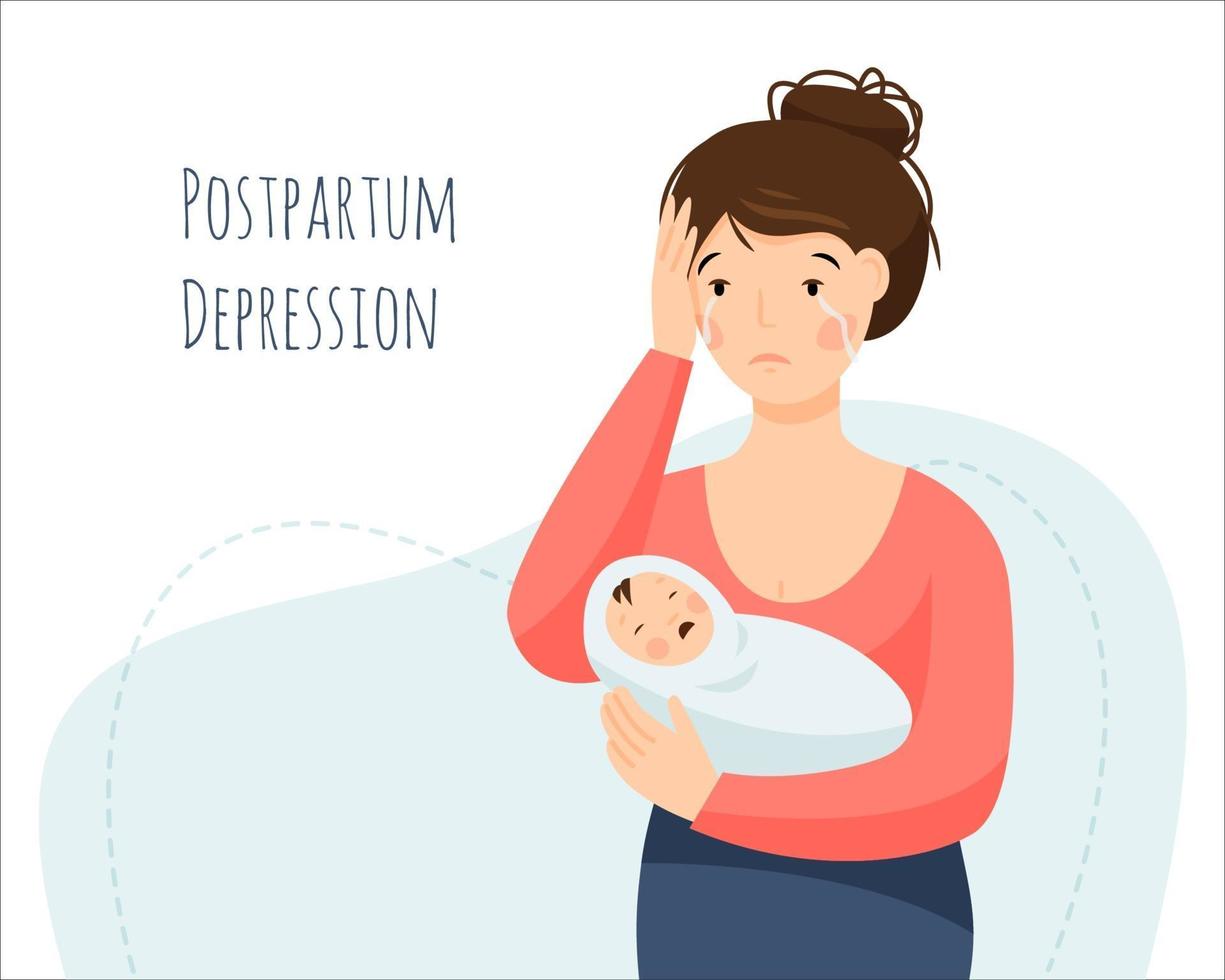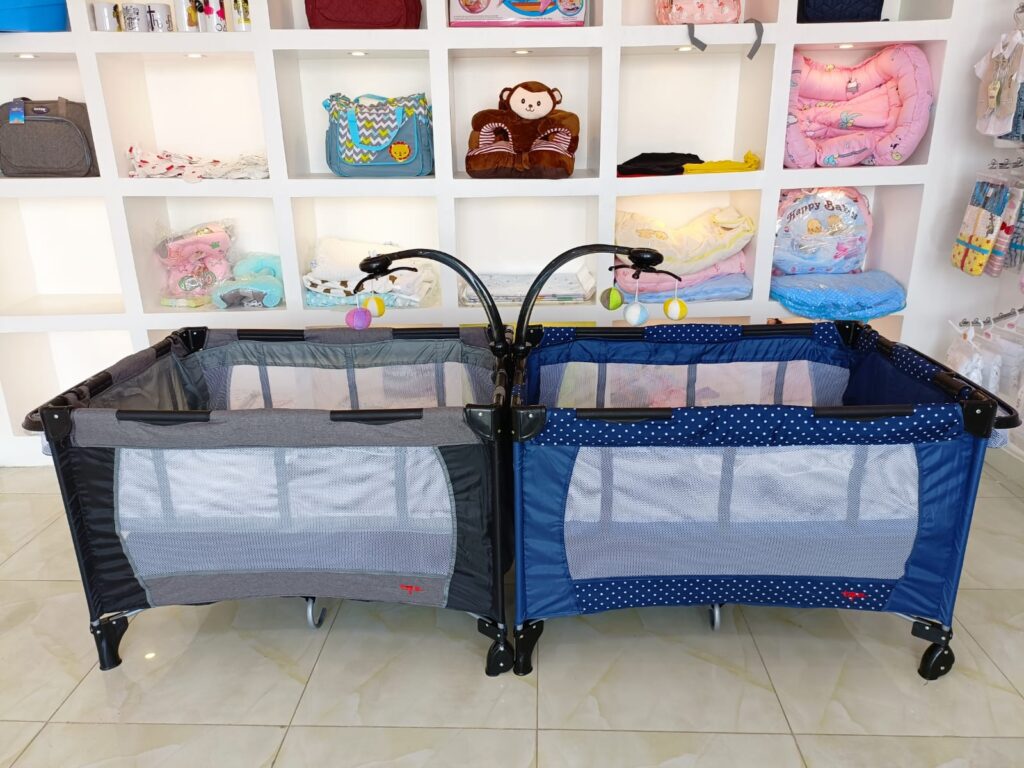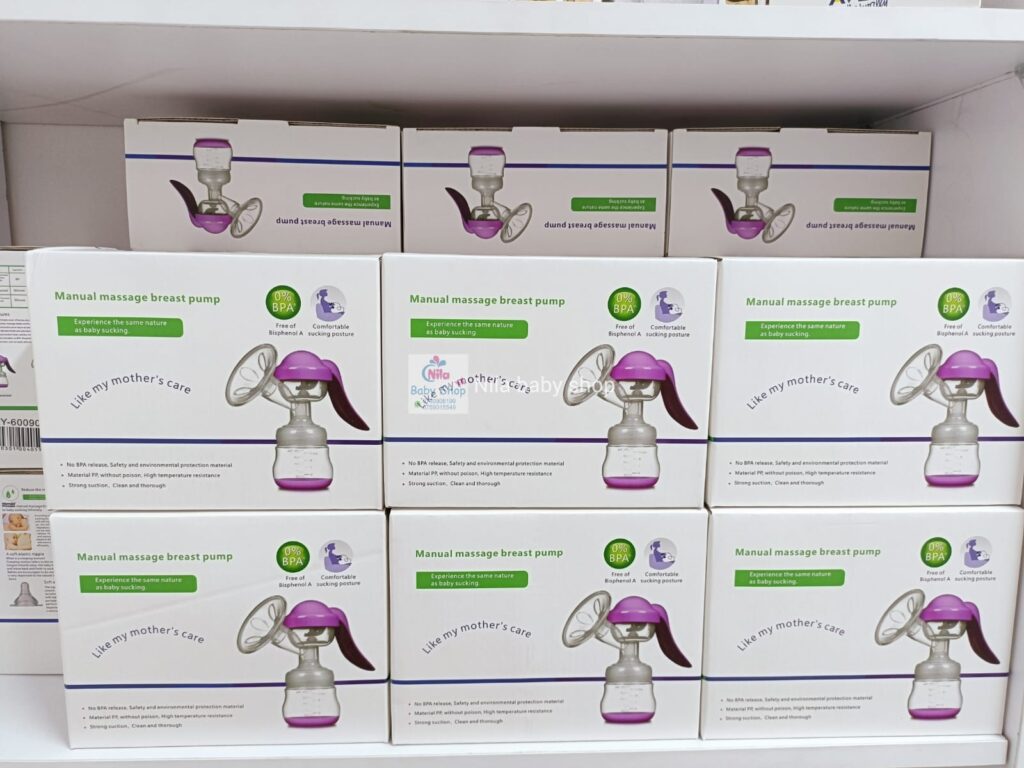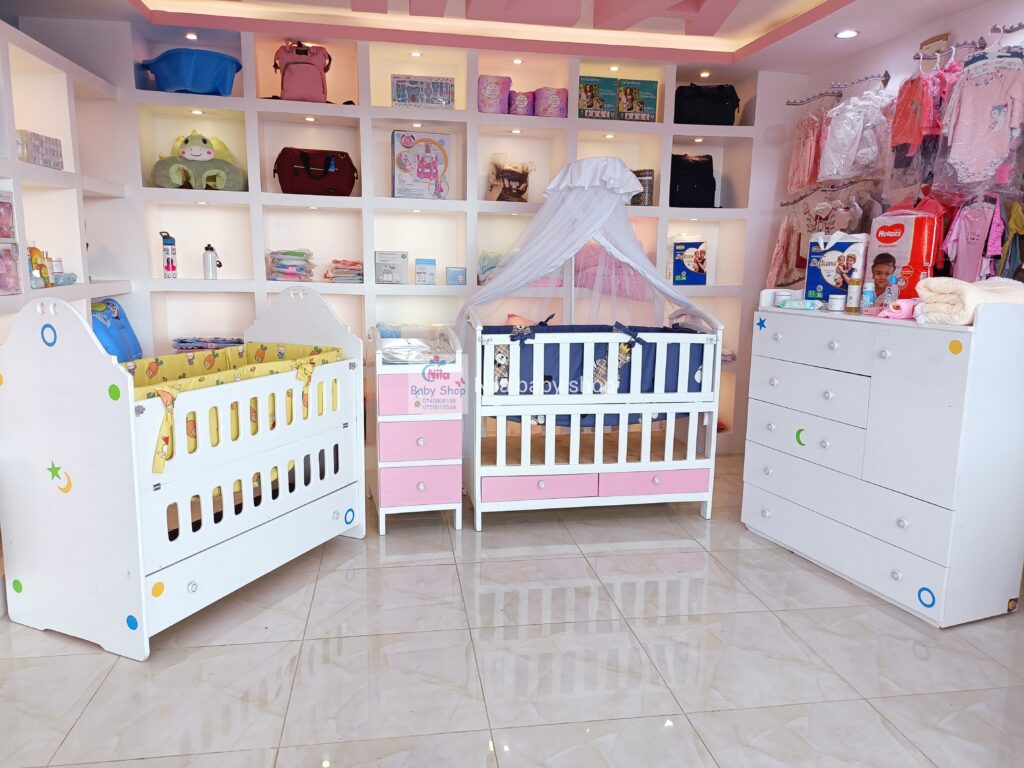
Nila Baby Shop
The birth of a child can elicit a wide range of intense emotions, from pleasure and excitement to dread and worry. However, it can also lead to something unexpected: depression. After childbirth, most new mothers have postpartum “baby blues,” which include mood changes, crying bouts, anxiety, and problems sleeping. The baby blues usually start two to three days after delivery and can linger for two weeks. However, some new mothers suffer from postpartum depression, a more severe and long-lasting depression. After delivery, an intense mental illness known as postpartum psychosis may occur. Postpartum depression isn’t a defect or a weakness in anyone’s character. Sometimes it’s just a side effect of giving birth. If you suffer from postpartum depression, getting help as soon as possible helps you manage your symptoms and bond with your baby.
Postpartum depression symptoms
The signs and symptoms of postpartum depression are similar to those of the baby blues at first, but they are more severe and stay longer. They can eventually interfere with your ability to care for your infant and do other everyday duties. Symptoms usually appear within the first several weeks after delivery, although they might appear earlier in pregnancy or later – up to a year later.
Among the indications and symptoms of postpartum depression are:
- Depressed mood or extreme mood fluctuations
- Crying uncontrollably
- Bonding with your infant is proving to be complicated.
- Withdrawing from friends and relatives
- Appetite loss or eating a lot more than normal
- Insomnia (inability to sleep) or excessive sleeping
- Overwhelming exhaustion or a lack of energy
- Reduced interest and enjoyment in previously enjoyed activities
- Irritability and rage are at an all-time high.
- Fear of not being a good mother
- Hopelessness
- Feelings of inadequacy, humiliation, remorse, or worthlessness
- The ability to think, focus, or make judgments has deteriorated.
- Restlessness
- Anxiety and panic attacks that are severe
- Suspicion of hurting yourself or your child
- Suicide or death thoughts regularly.
Postpartum depression can linger for months or even years if left untreated.

Psychosis after childbirth
The signs and symptoms of postpartum psychosis, an uncommon disease that often arises within the first week after delivery, are severe. The following are possible signs and symptoms:
- Perplexity and disorientation
- You’re having obsessive thoughts about your baby.
- Delusions and hallucinations
- Disruptions in sleep
- Excessive excitement and energy
- Paranoia
- Attempts on your life or the life of your child
Postpartum psychosis can cause life-threatening ideas or behaviors, and it must be treated right away.
New fathers may experience postpartum depression.
Postpartum depression can strike new fathers as well. They may feel sad or tired, overwhelmed, anxious, or have changes in their usual eating and sleeping routines, all indications of postpartum depression in moms. Young fathers who have a history of depression, have marital issues, or are financially strapped are the most vulnerable to postpartum depression. Paternal postpartum depression, also known as postpartum depression in fathers, can have the same detrimental impact on partner interactions and child development as postpartum depression in women. Speak to your health care provider if you’re a new father and are suffering signs of sadness or anxiety throughout your partner’s pregnancy or in the first year following your child’s birth. Treatments and supports helpful in moms with postpartum depression can also benefit fathers with postpartum depression.
When should you see a doctor?
If you’re feeling melancholy after your baby’s delivery, you may be reluctant or ashamed to express it. However, if you are experiencing any signs of postpartum baby blues or postpartum depression, you should contact your doctor and make an appointment. Get treatment right away if you think you could have postpartum psychosis.

If you’re having suicidal thoughts, seek help immediately.
If you have any thoughts of harming yourself or your child, get urgent aid from your spouse or loved ones in caring for your child and dial 911 or your local emergency assistance number for assistance.
If you’re having suicidal thoughts, you should also consider the following options:
- Seek assistance from your primary care physician or another medical professional.
- Make an appointment with a mental health practitioner.
- Make a call to a suicide prevention hotline.
- Make contact with a close friend or family member.
- Make contact with a clergyman, spiritual leader, or another member of your religious group.
Assisting a friend or family member
People who suffer from depression may be oblivious that they are depressed. They may be unaware of depression’s indications and symptoms. If you feel a friend or loved one is suffering from postpartum depression or is developing postpartum psychosis, assist them in seeking medical care as soon as possible. Don’t wait for things to become better.
Causes
Postpartum depression has no one cause, although physical and mental factors may play a role.
Physical changes are taking place. A substantial decline in hormones (estrogen and progesterone) after delivery may lead to postpartum depression. Other hormones generated by the thyroid gland may also decline dramatically, leaving you weary, sluggish, and sad. Emotional problems. When you’re sleep-deprived and overloaded, even simple issues can be challenging to handle. You might be worried about being able to care for a newborn. You can be less beautiful, have identity issues, or feel like you’ve lost control of your life. Any of these factors can cause postpartum depression.

Factors that are at risk
Postpartum depression may strike every new mother, and it can strike after the delivery of any child, not just the first. Your risk, however, rises if you:
- You’ve had depression in the past, perhaps during pregnancy or other times.
- You suffer from bipolar illness.
- After a prior pregnancy, you had postpartum depression.
- You have relatives who have suffered from depression or other mood disorders.
- You’ve had a challenging year with pregnancy issues, illness, or a job loss.
- Your child has medical issues or other specific requirements.
- You’ve given birth to twins, triplets, or other multiples.
- You’re having trouble breastfeeding.
- Your connection with your spouse or significant other is causing you trouble.
- You have a shaky support system in place.
- You’re having financial difficulties.

Complications
Postpartum depression, if left untreated, can disrupt mother-child bonding and cause family issues.
For the moms. Postpartum depression, if left untreated, can endure for months or even years, eventually developing into a chronic depressive condition. Even when treated, postpartum depression raises a woman’s chance of developing severe depression in the future.
This is for the fathers. Postpartum depression can cascade, affecting everyone close to a new infant emotionally. When a new mother is unhappy, the chances of the baby’s father becoming depressed rise. And whether or not their spouse is depressed, new dads are already at a higher risk of depression.
For kids. Untreated postpartum depression increases the risk of emotional and behavioral disorders in children, including sleeping and feeding difficulties, excessive crying, and language delays.
Prevention
If you have a history of depression, especially postpartum depression, talk to your doctor before getting pregnant or when you learn you’re expecting. Your doctor can keep an eye on you for signs and symptoms of depression while pregnant. They may ask you to fill out a depression screening questionnaire during and after your pregnancy. Mild depression can sometimes be treated with the help of support groups, psychotherapy, or other therapies. Antidepressants may be prescribed for different conditions, including during pregnancy. Your doctor may prescribe an early postpartum visit after your baby is delivered to look for signs and symptoms of postpartum depression. The sooner it’s discovered, the sooner it can be treated.
Written by Nila Baby Shop
Best Baby and Mother Products Store. Our main objective is to provide an exceptional online shopping experience, home delivery, and prompt customer service.
Leave a Reply